Prime Minister Anthony Albanese should lament bipartisan fail on the Indigenous voice parliament
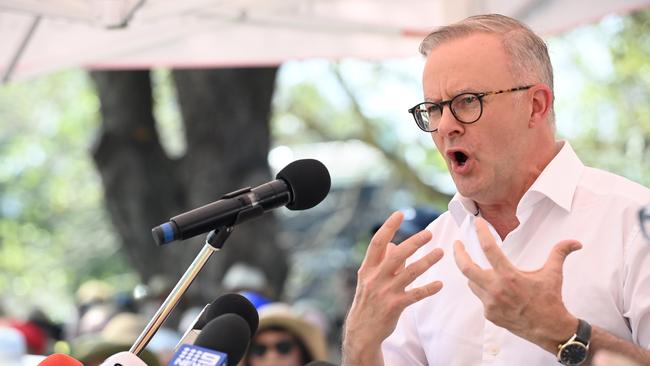
There will be the howls of “I told you so” and “now is our chance to split the Liberals for a generation” among the Albanistas, still gloating after winning the Aston by-election in Victoria. The current working title for the Yes case ad team is “vote for the vibe” while its negative campaign’s motif is “you racist, Dutton-voting deplorable” – both designed to convince undecided voters to stay the course with DJ Albo.
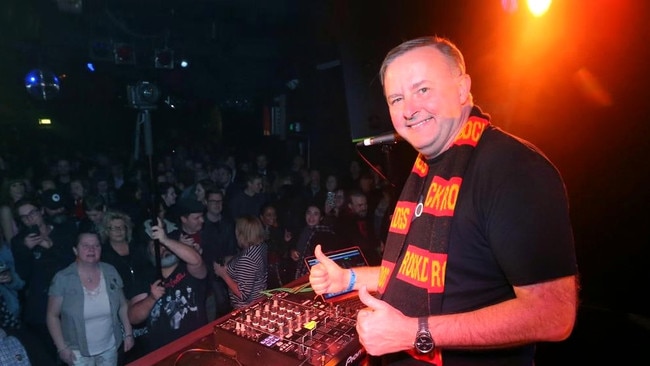
The supreme confidence of the praetorian guard around Albanese is reminiscent of all those living in the Capitol of Panem. There’s no cost-of-living pressure when life is lived on a federal travel allowance and within staggering distance of the Realm Hotel. In fact, the bar at the Realm these days is full of resident MPs, the more than occasional minister late at night and a plethora of staff drinking on lobbyists’ tabs. The whole scene is one reminiscent of Tatooine’s Mos Eisley Cantina.
Meanwhile, out in the districts, they aren’t planning on sending any tributes to Canberra, they’re just surviving everything going up except real wages. Cost of living is crushing families, and in our capitals outside Canberra families are sleeping in tents and in their cars.
Newspoll was sobering reading for hardheads who want to see a voice to parliament, not just bear witness to the Prime Minister’s approach of crash or crash through. It revealed support far below that for marriage equality and nowhere near the level of the 1967 referendum to give First Nations people the vote. The reality is those saying they are undecided are more than likely No voters who prefer not be called racists.
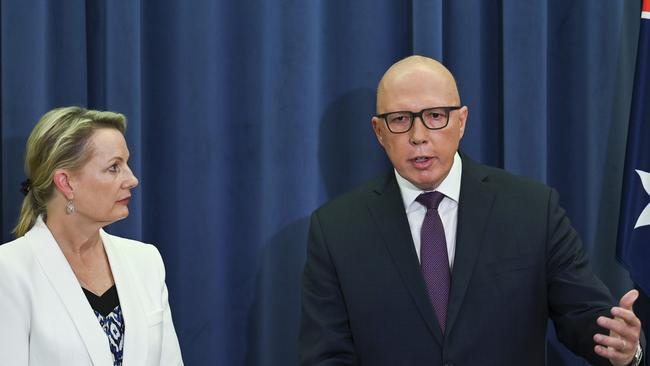
Newspoll showed Albanese’s voice is already lost in Queensland and is on life support in Western Australia. Sure, Victoria is holding strong, but the reality is Tasmania is the swing state in this referendum, the only state with a Liberal government.
While it is still possible for Albanese’s voice to win by excluding the Opposition Leader, it has made the task that much harder come the referendum.
No referendum in 50 years has passed without both major parties’ support, while others have failed despite bipartisan support. This is why, for the “legacy phase”, Albanese pushing all or nothing on his voice is so perplexing, given the voice’s importance to Australia’s future as a nation.
There are cracks and fault lines in the Albanese voice. The first is not to genuinely embrace bipartisanship. The second is to include executive government so the referendum working group didn’t split. The last is not to provide the detail of how the voice will work, despite the clear power to legislate the voice now and then cement it into place with a referendum once everyone knows what they are voting on.
Albanese’s refusal to release the full detail of his voice will inevitably feed the No case. That case will play on the natural conservatism of Australian voters. Only eight of 44 referendums have been successful in our history. The lack of detail lets the No campaign run the line: “If you don’t know, just vote No.”
The contradicting reach of the voice – will it make representations on climate policy, on tax policy – and ministers such as Attorney-General Mark Dreyfus continually trying to redefine the voice on Radio National and hours later having the Prime Minister correct him again just leads to confusion among undecided voters looking for detail. There will be some within Labor’s ranks celebrating that Albanese’s voice does not have Liberal support. But this is foolish.
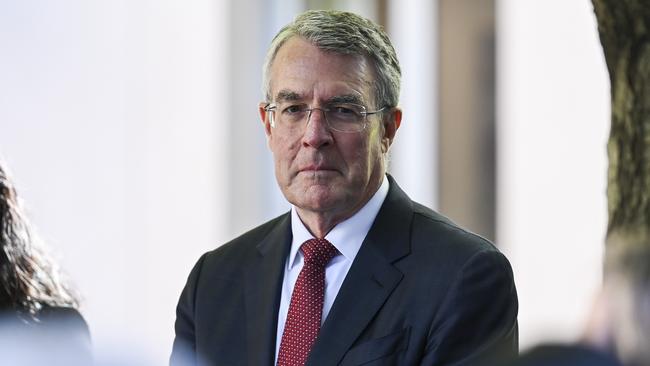
This isn’t a time for celebration. The task before them has got much harder and will continue to grow only more difficult.
The No case is divided but, despite this, the numbers say they are in with a strong chance to defeat the Albanese voice. The Yes case is funded with rivers of gold flowing from corporate Australia and the wealthy individuals attempting to assuage their white guilt and family wealth built on a colonial past.
Albanese will claim a win regardless of how narrow it may be, but what will that say to the vast majority of First Nations people whose lives and life expectancy won’t change by one minute when the vote passes?
Those seeking a win for the Yes case can’t just work for a win, they can’t leave Australia more divided than before. The aim of the voice is noble and necessary. Those using it for personal glory should reflect on what the No vote says to First Nations people – and, rather than celebrating the breakdown in bipartisanship, should reflect on their inability to achieve it.

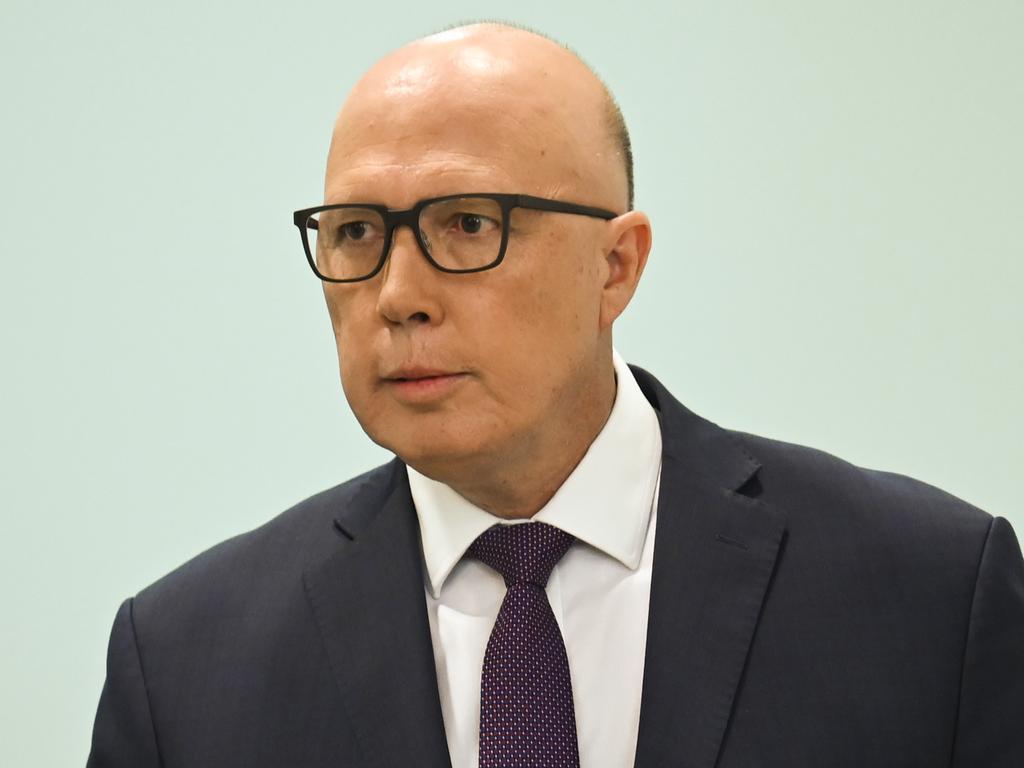
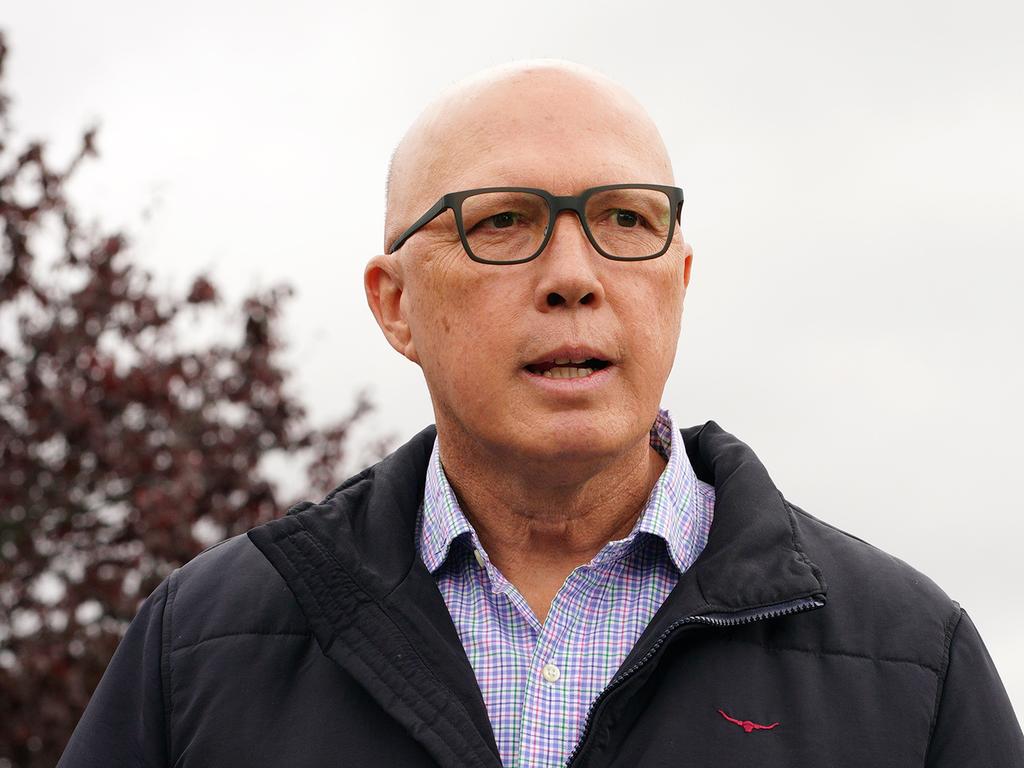

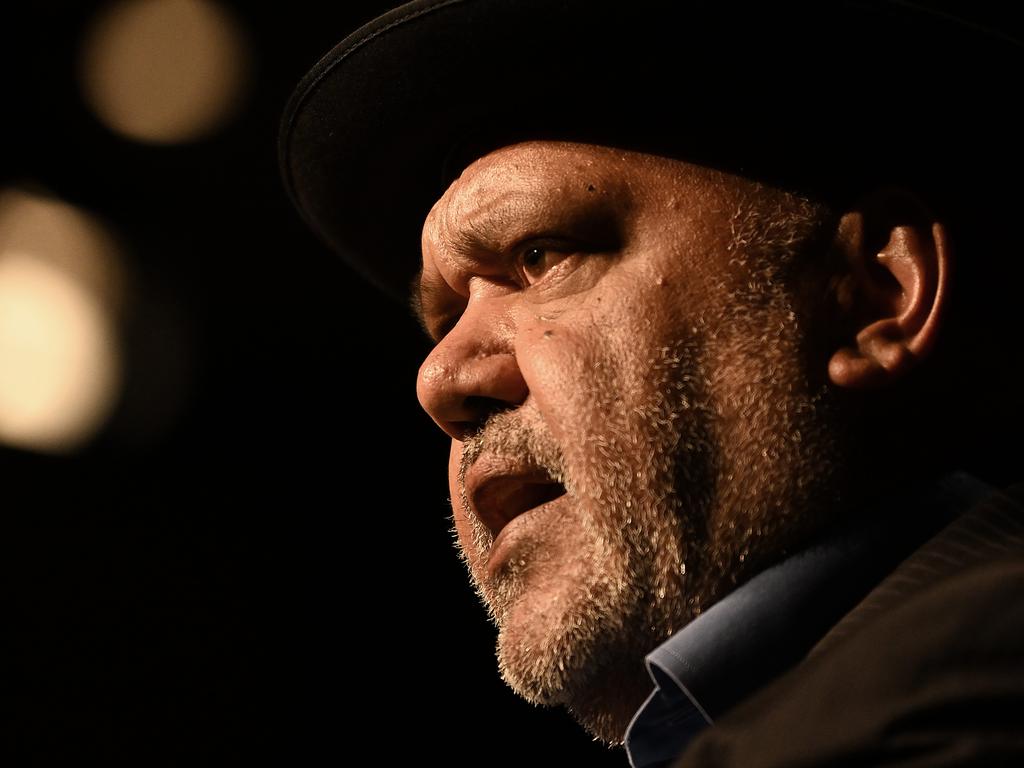


Anthony Albanese and his praetorian guard will think themselves geniuses after Wednesday’s announcement that the Liberals will formally oppose their model of an Indigenous voice to parliament.